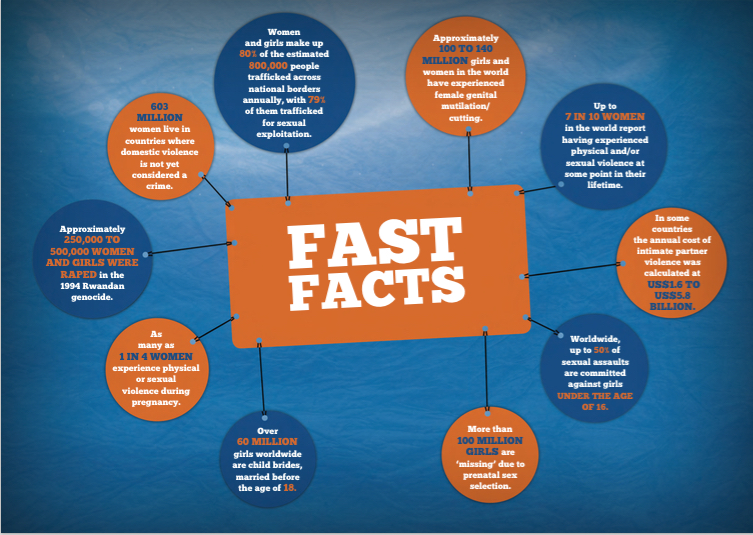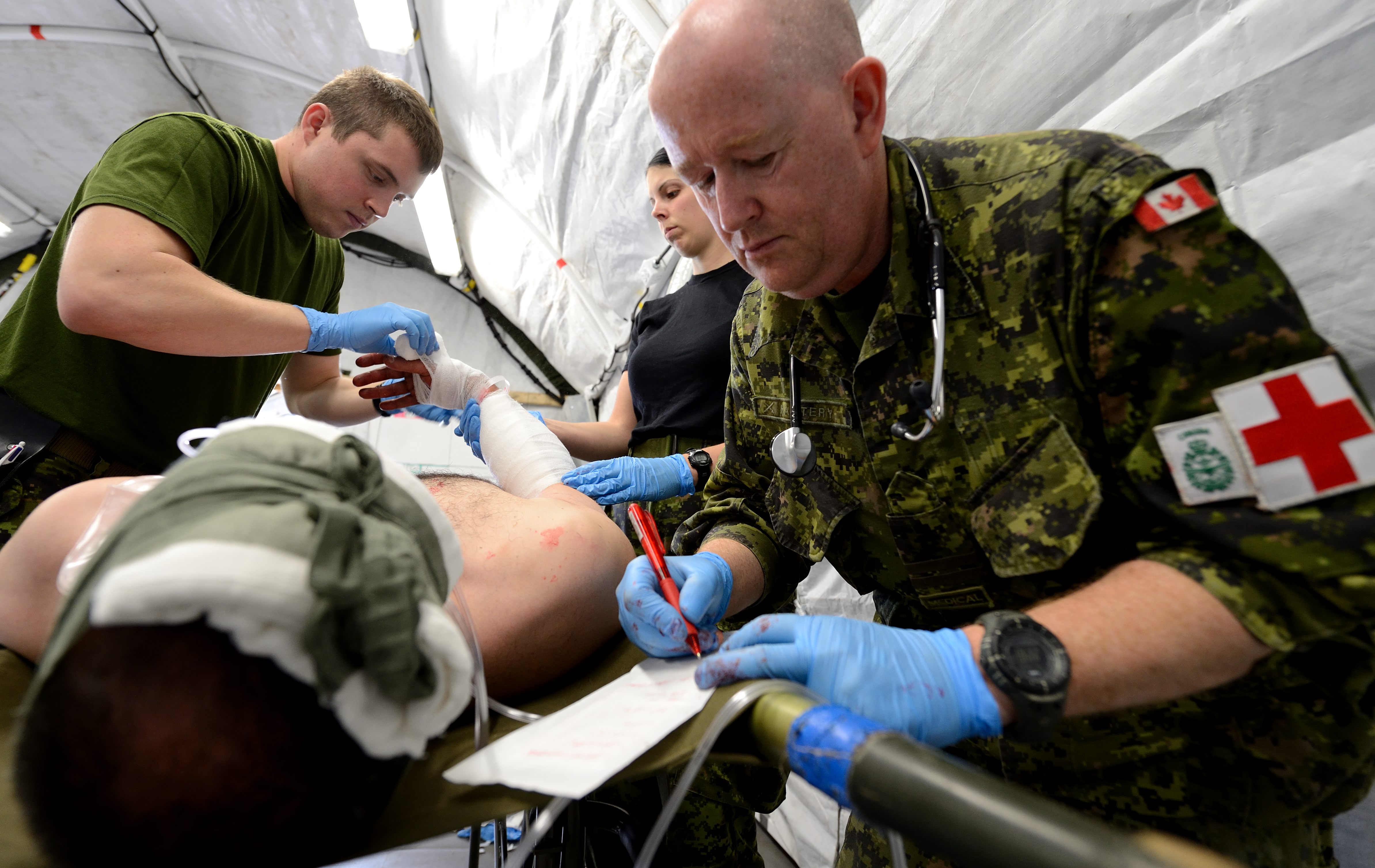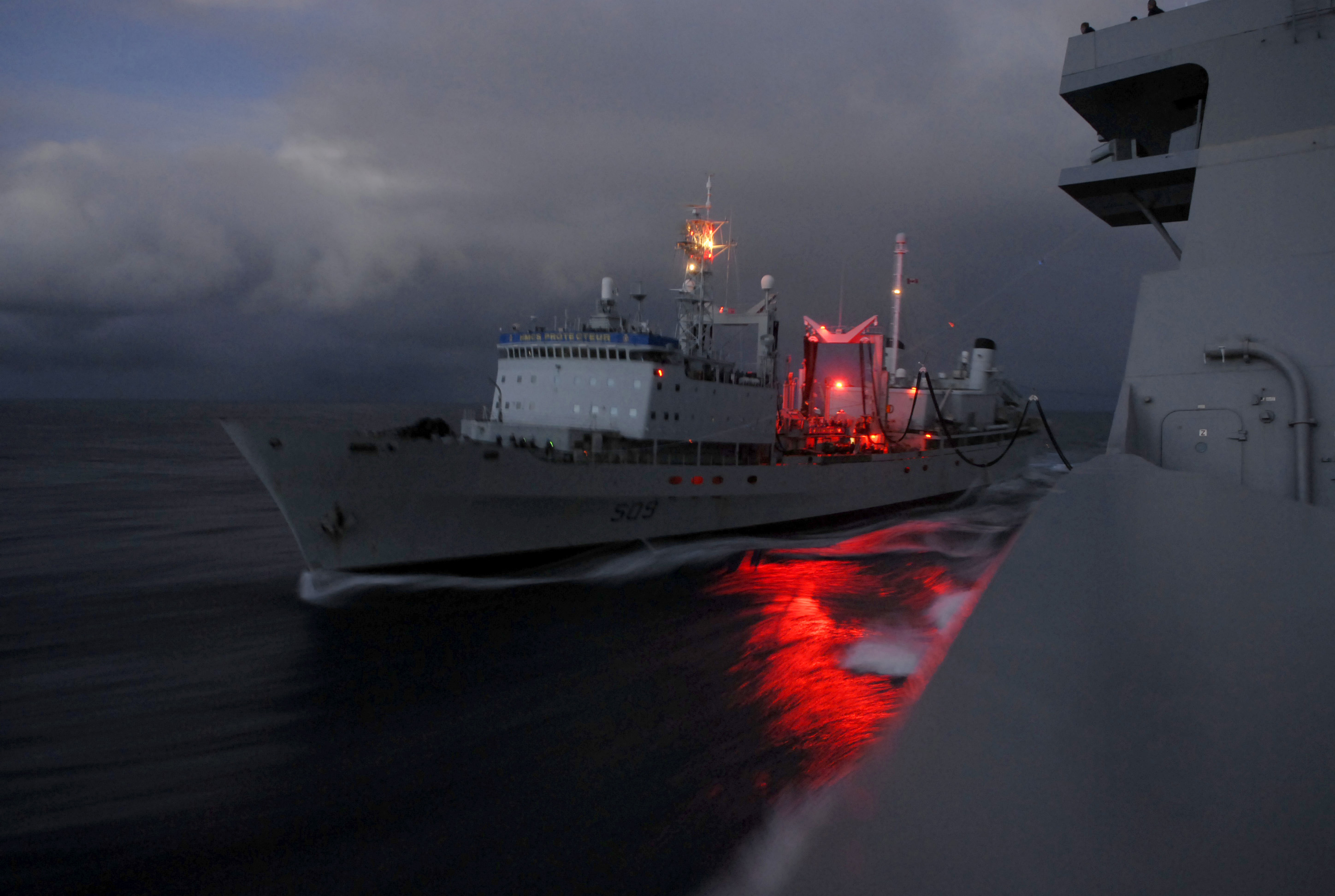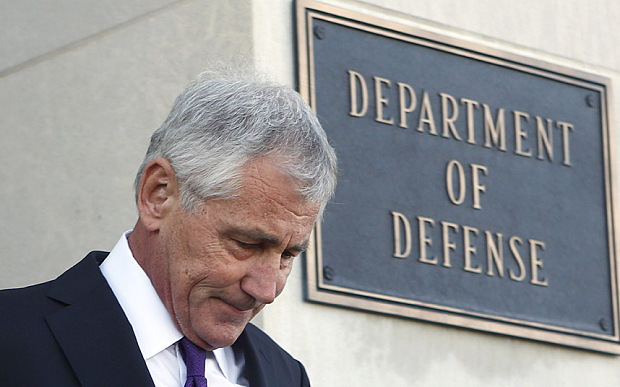Part I- War-Time Rape
When does a war end and a state of peace reign once more? We have come to see the end of war as the cessation of militarized conflict between two parties. Yet, this notion requires a re-evaluation. The prevalent view of “peace”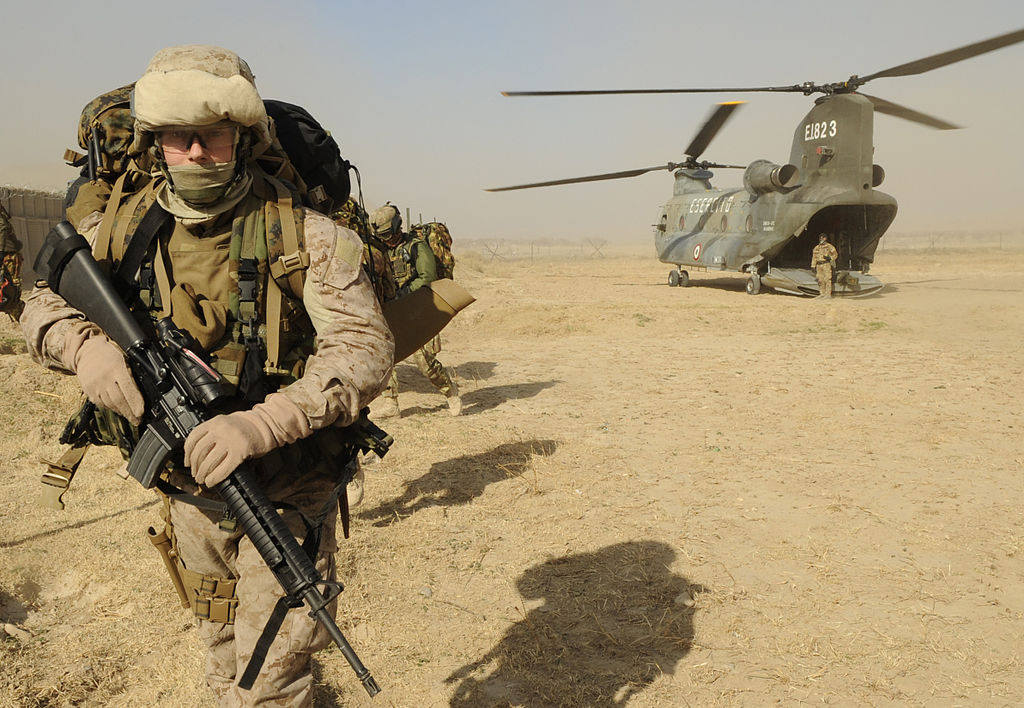 as the end of militarized conflict inherently views “war” from the perspective of soldiers: the end of war has come to be symbolized by the withdrawal of troops. We see this in the case of the war in Afghanistan, and the inter-linkage of troop withdrawal with the proclamation that the exit of foreign military personnel symbolizes the “end” of war.
as the end of militarized conflict inherently views “war” from the perspective of soldiers: the end of war has come to be symbolized by the withdrawal of troops. We see this in the case of the war in Afghanistan, and the inter-linkage of troop withdrawal with the proclamation that the exit of foreign military personnel symbolizes the “end” of war.
Wars, however, are multifaceted and affect war-torn regions in a multitude of ways extending beyond military occupation and its termination. Most often, as in the case of Afghanistan, the “war” continues well after soldiers have left. Peace, in this respect, entails a broader framework extending beyond the cessation of hostilities.
By defining war in this respect, a culture of militarized masculinity pervades, which genders security by failing to take account of the experiences of women, who are both directly and indirectly affected by war processes, as participants and civilians.
While numerous international mandates, such as the Hague Convention of 1907 and the Geneva Convention of 1929, have condemned rape as an act of war, the experiences of sexually abused women remain largely unaddressed.
A by-product of defining the end of war according to the withdrawal of foreign soldiers and the creation of peace agreements is that war is framed through men’s experiences. Therefore, the post-war peace process mainly addresses male soldiers’ recovery experiences.
Rape as a war tactic affects women both during and after the entrance and exit of troops. “Rape in war,” as The Economist points out, “is as old as war itself.” As was the case in the Bosnian war of the 1990s, systematic rape may be used in tandem with military strategies as a weapon of war; a fact that’s become obvious, particularly since the humanitarian interventions of the 1990s, as the reporting and recording of rape has become prevalent. In these cases, the act of rape serves as a “means of subduing foes and civilians without having to engage in the risky business of battle.”
While numerous international mandates, such as the Hague Convention of 1907 and the Geneva Convention of 1929, have condemned rape as an act of war, the experiences of sexually abused women remain largely unaddressed. The act of rape brings with it rampant social fragmentation, driven by the shame, degradation, and dishonor which falls on raped women and their communities. The effects of rape as a tool of hegemony persist even after soldiers have withdrawn and peace treaties have been signed. Meanwhile, the experiences of women subjected to acts of rape are largely “swept under the rug,” while rape victims are ostracized in their communities, rather than receiving the remedial approaches that are necessary to bring them peace.


